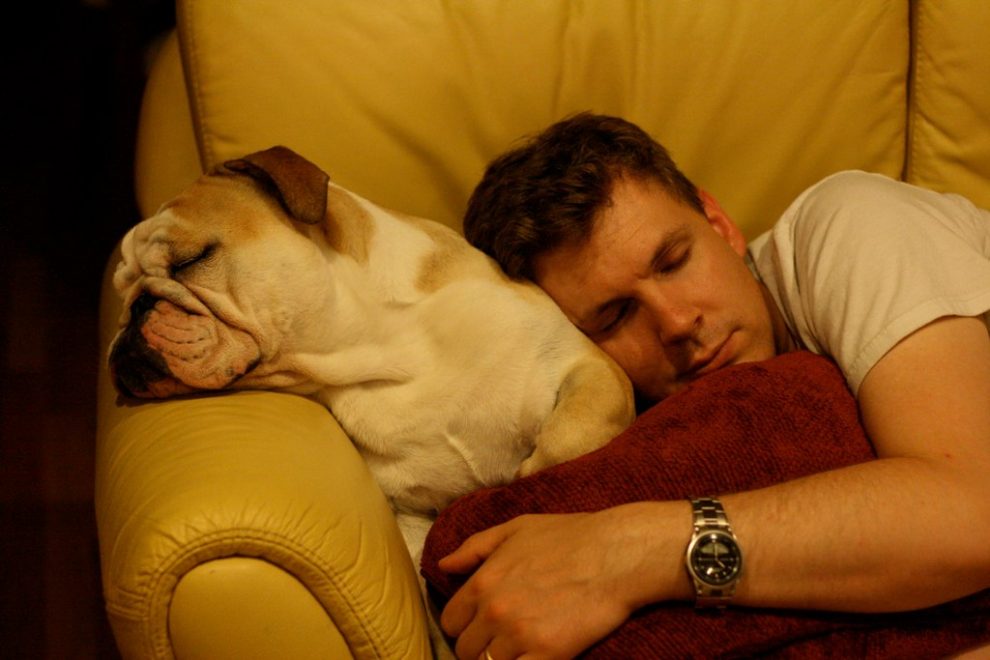By: Joshua Green
Do you, the wonderful set of eyes looking at this article right now, have an identical twin? Do you also have numerous qualifications in biological sciences, access to a peer review body, and a significant amount of funding? Then maybe you can help to replicate and show what researchers at the University of Washington have shown recently!
All students out there may be empowered, perhaps, to know that there is more evidence to show a lack of a sleep deprivation has negative effects on people’s health. According to this recent study, from the University of Washington, used identical twins to find a link between a lack of sleep and a suppressed immune system. Dr Nathanial Watson acted as the head of the study into this link between the immune system and sleep deprivation. Dr Watson acts at the co-director of the University of Washington Medicine Sleep Center.
There already exists evidence to suggest the link in the literature. There are already links established between habitual sleep deprivation in individuals and negative effects on the cardiovascular system, metabolic system and inflammatory effects are also seen. However, this study used twins specifically to eliminate variations on genetics and shared environmental factors the twins have. This allowed the study to focus on more nuanced factors by looking at the gene expressions in the identical twins.
The scientists involved with the study took blood samples from each of the twins in where the twins had different sleeping patterns. The mechanism that was analysed, in which was used to justify what the researchers concluded with, was that of the gene expression of peripheral blood leukocytes. Leukocytes are otherwise known as white blood cells and peripheral refers to the maturity of these leukocytes. The white blood cells, as many of you probably know, are associated with the body’s immune system and the white blood cells ‘job’ is to protect the body from outward threats such as disease and foreign bodies.
When the time spent sleeping was recorded, the researchers obtained a mean value for the amount of time slept in a 24-hour period as 439.2 minutes. This equates to just over seven hours (this to me and most of the fellow student readers seems rather high and only obtainable within our dreams). There was a average recorded sleep difference of 64.4 minutes between the two twins. This separation alone was shown to have an effect as there were expected effects seen such as up-regulation of ‘genes involved with transcription, ribosome, translation and oxidative phosphorylation’. What the researchers did not expect was down-regulated genes were spotted in high quantities in immune-inflammatory pathways that are involved with white blood cell activity. This is indicative of the immune system partially shutting down. The researchers concluded that there was indeed an effect seen when individuals had less sleep when compared to their identical twin. This further builds up the scientific narrative that getting the right amount of sleep (7 hours plus) helps the immune system perform at its best.






Add Comment